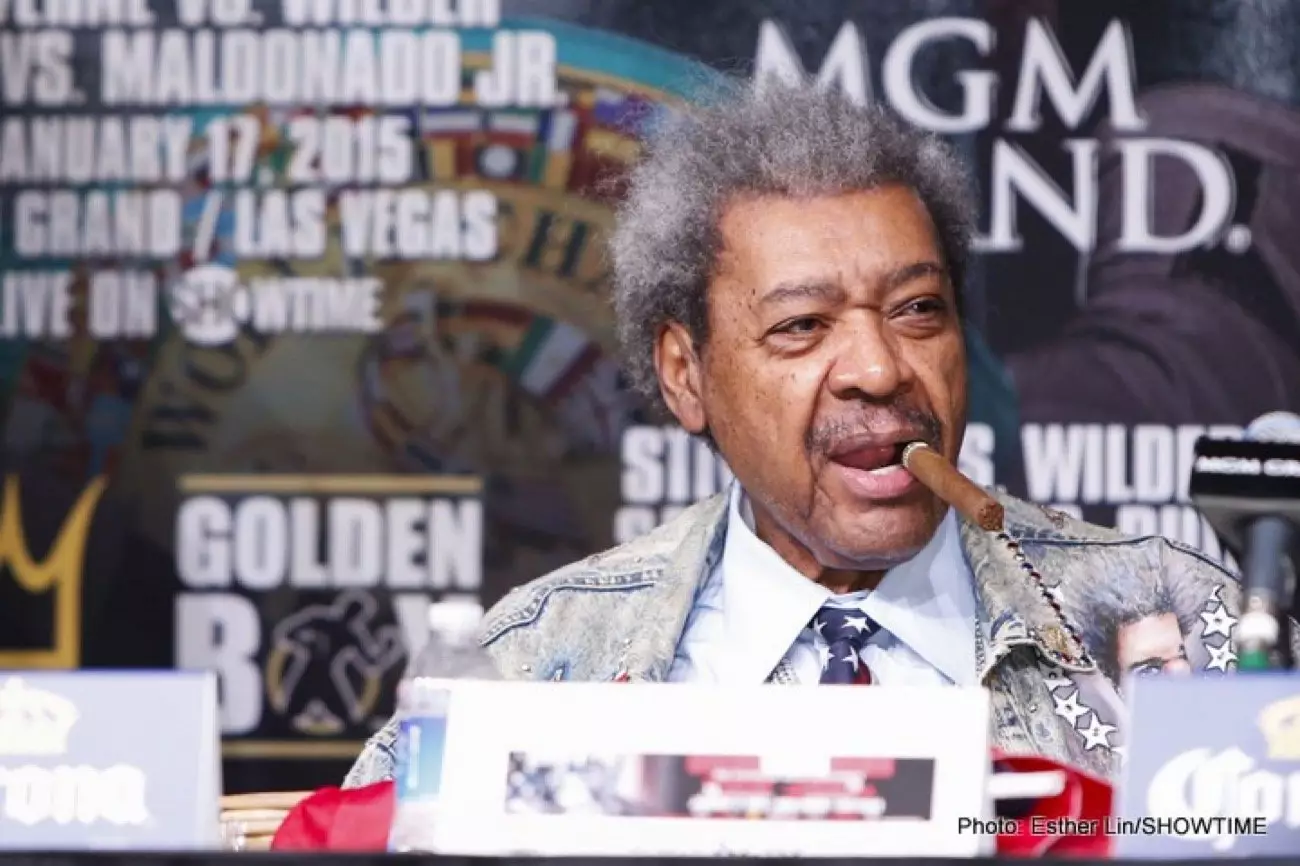If you ever wondered how far the sport of boxing has strayed from its glorious past, look no further than the World Boxing Association (WBA)—the organization that somehow manages to bottom out with every announcement. Their latest spectacle? A fight between Kubrat Pulev and Michael Hunter for the “Regular” Heavyweight Title, which exists solely to mock the very essence of competition. This title is less meaningful than a novelty trophy at a children’s sports day; it has the gravitas of a school participation ribbon that does little more than confirm you showed up.
The WBA holds a staggering number of titles that obfuscate the concept of “champion.” They have become less a regulatory body and more an arm of corporate cash grab. Super champions, interim titles, and other confounding monikers have transformed boxing’s lineage into a tangled web of confusion. Fans dig for clarity but instead find a profound disconnect; the sanctioning body pushes out belts like candy. They offer so many that one might wonder if they consider it their duty to reward mediocrity as long as the check clears.
Don King: The Last of a Dying Breed
Enter Don King, an emblem of a bygone era—both a titan and an anachronism. At the age of 93, he remains an oddity in modern boxing, embodying a chaotic era of the sport that few truly understood but all admired. Yet, despite his old-school methods, he successfully won the purse bid for this farcical fight against the odds. While contemporary promoters scramble to form partnerships with celebrities, streamers, and influencers, King clings to an approach that seems ripped from a different century.
Picture this: King, in an office cluttered with outdated tech, submits a $1.1 million bid through channels that feel as if they were wielded by time travelers. His universe is unfazed by digital marketing or social media hype; instead, he thrives in a realm where paper trails reign supreme. His presence at a fight represents a spectacle in itself—a reminder of the sport when it delivered raw, unvarnished excitement rather than fabricated storylines designed to draw clicks. Make no mistake, King might not be the savvy tech mogul of our times, but there’s an undeniable artistry to the way he orchestrates fights with a vibe that’s been long pushed aside by modernity.
The Mediocrity of Contenders
Now, let’s address Pulev and Hunter. Calling them contenders is a stretch; they are more like relics propped up by the sport’s shortcomings. Kubrat Pulev, at 44, fights like he’s auditioning for the role of “heavyweight grandpa.” His previous relevance went out the window nearly a decade ago when he fell to the legendary Wladimir Klitschko. Since then, he’s been clinging to the remnant popularity of a once-proud career, and the WBA practically throws him a lifeline by offering him an illusory title.
On the other hand, Michael Hunter, although he has a more flexible style, hasn’t managed to carve his name into the heavyweight consciousness. His recent accomplishments, including winning a nebulous “Gold” title against Cassius Chaney, don’t warrant the honorifics bestowed upon him. Both fighters symbolize the ongoing issue within boxing: if you can pay the price of entry, you can become a champion—regardless of your prowess or track record.
The Erosion of Authenticity in Boxing
Pulev vs. Hunter is the epitome of misaligned priorities; it has the energy of a retirement parade with a cheap trophy as the main event. That such a bout is promoted as if it were a historic clash is a disservice to boxing fans. The sport owes its devotees authenticity and genuine competition, yet it seems comfortable traffic in mediocrity instead.
Across the boxing landscape, where YouTubers and influencers command attention, the industry has lost sight of what once made it special: fierce competition, real rivalries, and titles that could be rallied behind with pride. The WBA, in its race to generate revenue, has eradicated the very essence of what it means to be a champion. Rather than producing matchups that inspire, they now churn out combinations designed solely for maximum profitability—titles that shimmer but lack substance.
In this tumultuous atmosphere, only the resilient or the stubborn survive. The imminent clash between Pulev and Hunter is not merely a low point; it’s a reflection of boxing’s struggle for identity. Can the once-glorious sport reclaim its honor, or will it continue down this path of absurdity and derision? The real question is, have we accepted this mediocrity for what it is, or are we still yearning for authentic glory amidst the sham?

